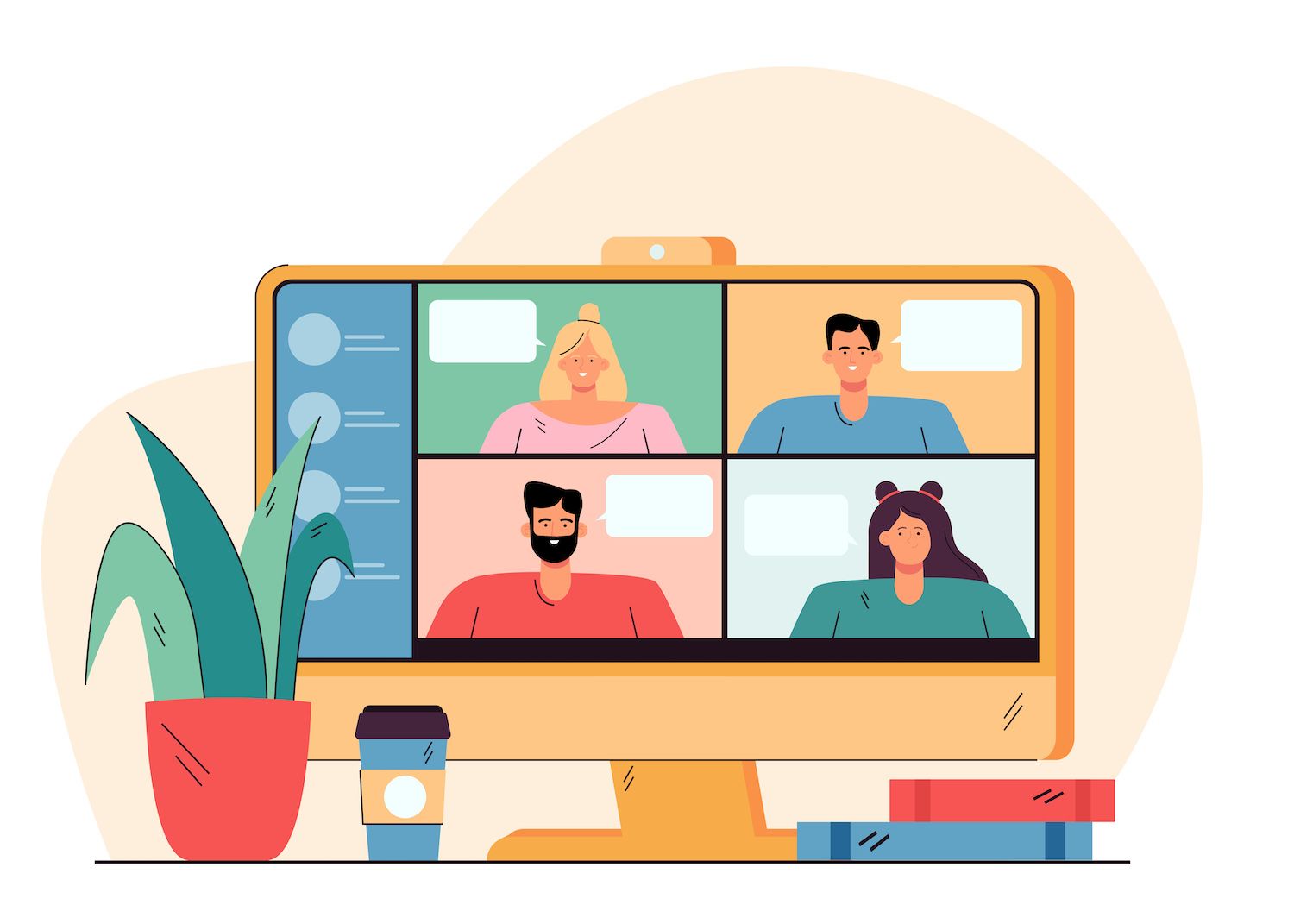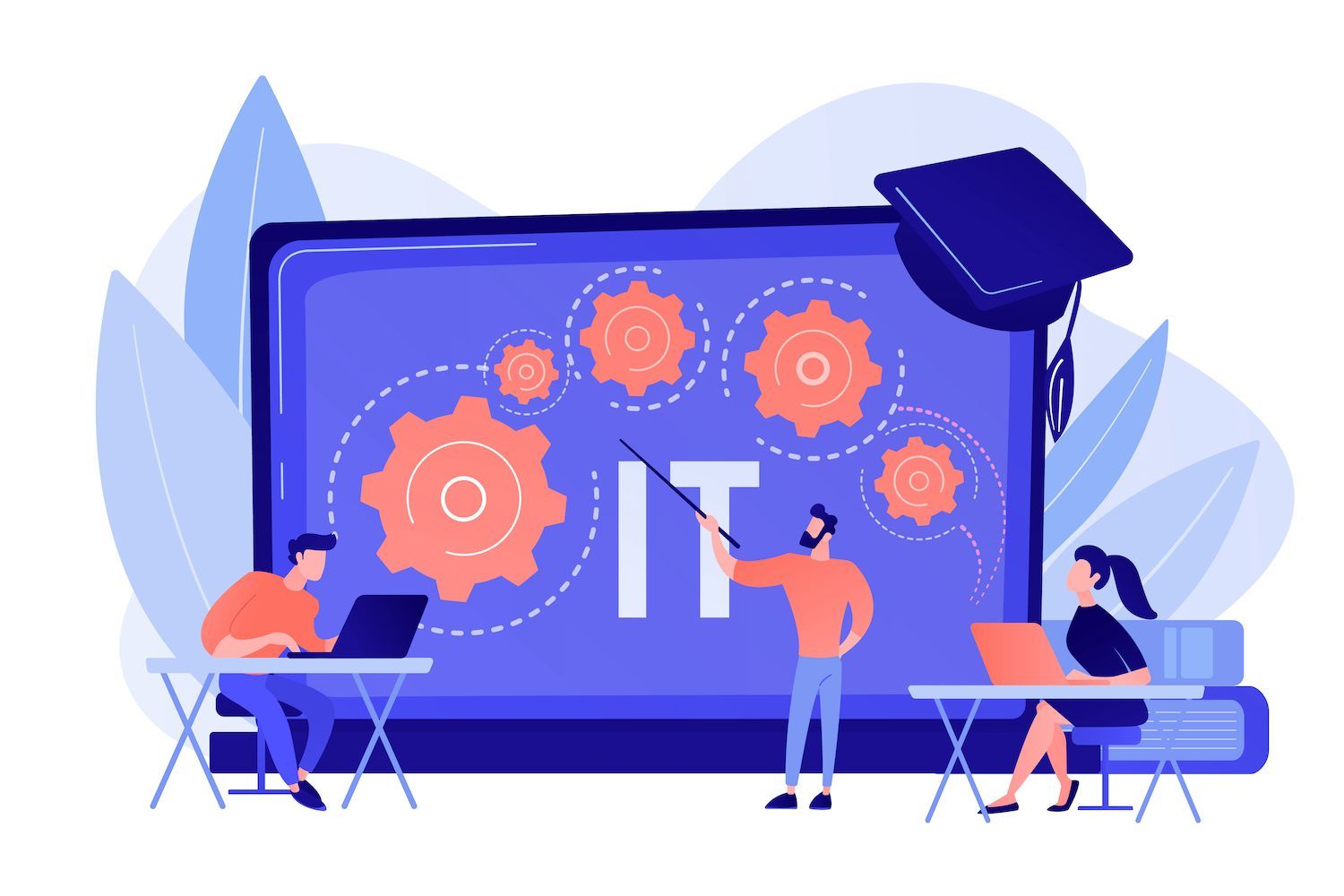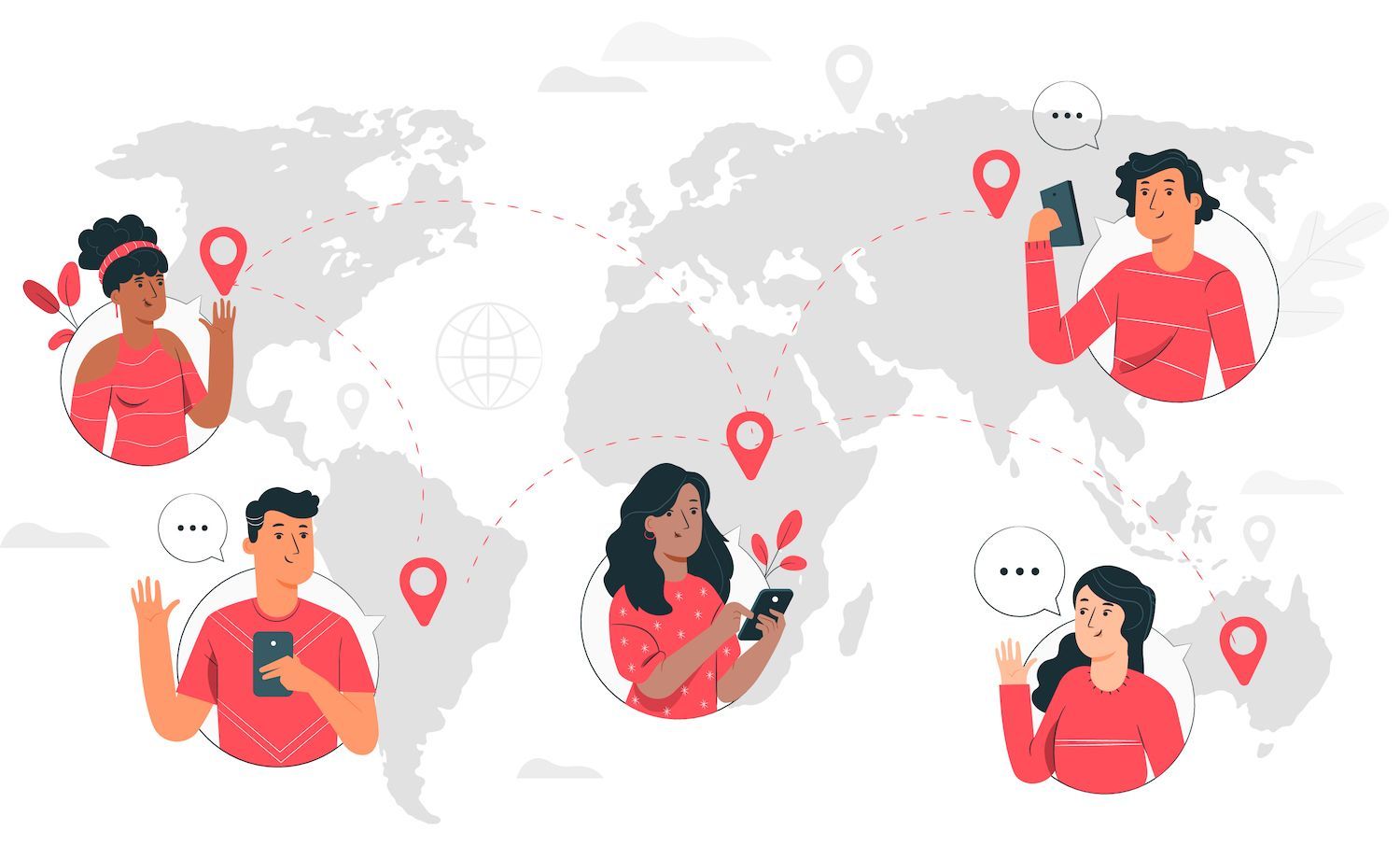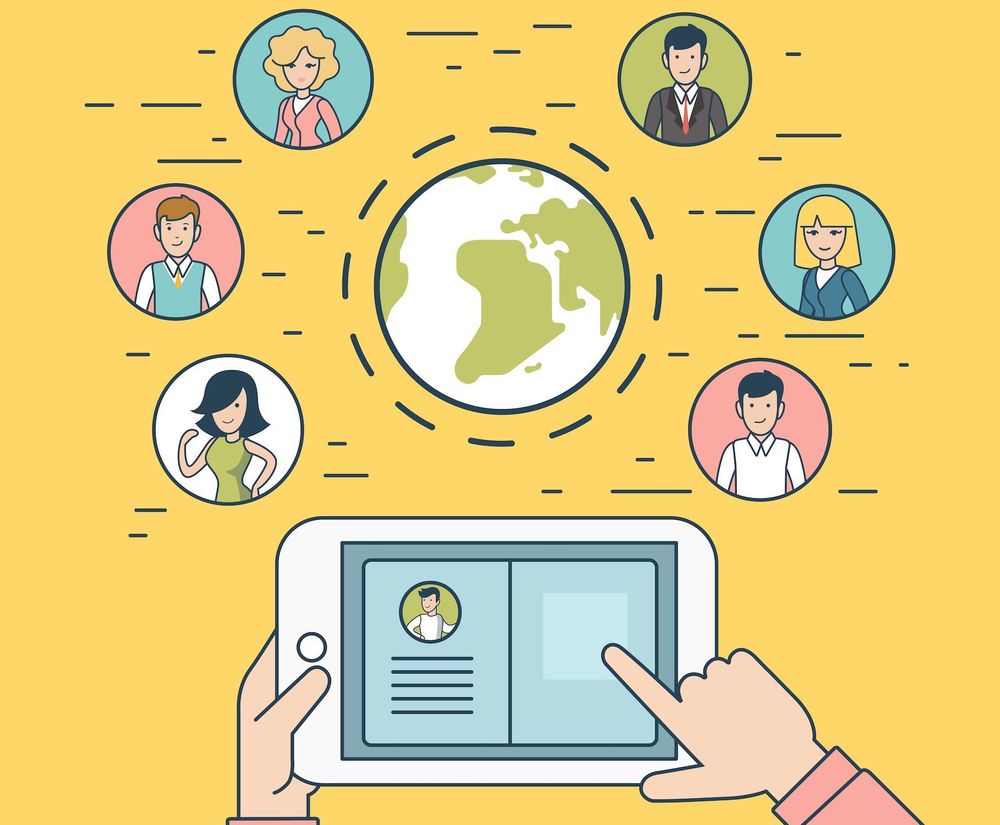The End of Cookies The process of preparing for the termination of Cookies from third-party Cookies

Everyone loves cookies. But do they really? As with oatmeal raisins, people either like or dislike third-party web-based cookies. Now, major players like Google try to wipe them all away.

The future of cookies-free is at its nadir This is the best moment to plan for it. In this article, we'll look at how cookies will be used in the near future,, the consequences of that, as well as the best way to get the most of it.
Find out more And then make sure you have cookiesor at minimum, digital ones.
What is"Cookieless" Future "Cookieless" Future?
What's the importance of this? Even though you've got some knowledge about the concept of "cookies however, you're aware of the frequency with which they are used in addition to the privacy issues that have caused.
With privacy and security becoming ever more important on the internet, Google, Firefox, and other big internet-based companies are beginning to transition to a completely new set of cookie.

Before diving into the specifics, we should take a a brief refresher about the meaning of cookies and the ways they could cause harm.
What Are Cookies?

The primary function of cookies serves to identify the user They primarily are used for just this: telling websites who you're. As you could imagine, they are useful for many different applications including keeping log-in sessions to serving advertisements through context-based advertising.
As with the chocolate-based counterparts, they are available in a variety of varieties of flavors. Some have a more appealing taste than the other varieties.
- Cookies that are provided by the primary third party:Cookies served directly from the current page. These are typically utilized to keep the sessions running, which means you'll stay logged in the next time you go to. Most of the time, first-party data is safe as long as the website that you're on has not been damaged.
- Cookies offered by third partiesCookies provided by businesses of third parties not on the page that you're currently browsing. They're typically tied to other websites through ads or alternative method. This means that even the most well-intentioned web site owner may become a target for third-party cookies, if their owners use ads on websites that are not reputable or have poor techniques.
It's simple to see the fact that third party cookies have a higher level of controversy of the two kinds. In the following section, we'll go over the reason why they generate an abundance of concerns and the main reason that they're being used in such a large amount regardless of it.
The Third-Party Cookie Controversy
First-party cookie data is relatively harmless (essentially they're"the "chocolate chip" of taste) But third-party data isn't quite so innocent, and the debate surrounding their use is one of the primary reasons to have the future of a cookie-free world.
What is the reason they are so popular?
In addition, cookies from third parties tend to be delivered without consent. Thus, while browsing the web, ads you view may be transmitting cookies from third party sites on your system and permitting third-party advertisers to track your activities online.

The best third-party cookies employ this technology to offer you personalized experiences (mostly specific ads) across other sites that you browse. It's possible to look at the following image to learn the process by which users are provided with an external cookie that affects how ads are displayed to users.
What's the point? Certain, targeted ads may appear a little creepy, but, they're actually not that harmful, are they?
Yes and no. Cookies on their own aren't hazardous or dangerous, no matter whether they're from the third-party or not. A lot of users don't like being monitored.
What's "Cookieless" What exactly is "Cookieless" means?
"Cookieless "cookieless" indicates that you're refusing to accept or receiving cookies from other site owners.
It's good to be aware that there is an array of choices that allow users to take advantage of all advantages of cookies but without the cookies. Although many browsers and websites remain in transition however each of these developments are leading to a common objective: a cookie-free tomorrow.
What can we do to assure a Cookieless Future?
There are numerous advantages of the coming days of cookies being not being used, especially in the realm of security.
But, the benefits may seem to be less difficult to website owners and marketers especially in light the vast majority of marketers making use of third-party data as well as cookies. It is the reason why many people doubt the need for the future of cookies-free is so important at all.

Plus, a cookieless future may not be completely without cookies by the end. As third-party cookie usage is an issue for some sites, they may be able to continue using first-party cookies (ones used for personal purposes) and without worry.
Even with advantages of privacy and security, a cookieless future can cause a lot of trouble. But, as we'll see in the following section we'll discover a myriad of other reasons why cookies should be an essential part of your daily routine. Some may be a source of saving.
Why is it that Cookies are being phased out?

While that's certainly enough but there are a lot of additional factors that will make a cookie-free tomorrow an ideal option. In this article, we'll explore the most important aspects.
Privacy
Like we said Third-party cookies can cause privacy problems. The most significant issue is tracking user's behavior even if they are not conscious of. Third-party advertisers as well as businesses (malicious too) have proven effective for a long time when it comes to storing cookie data on the devices used by users.
Even though laws such as that of the General Data Protection Regulation (GDPR) are now requiring users to agree to cookies, the majority of users aren't following the guidelines (such ones below) in the name of habit or a desire.

Are you interested in knowing the steps we took to boost our volume by more than 1000 percent?
Join over 20,000 others to receive our newsletter with exclusive WordPress tricks!
Security
If you feel you've been able to keep your privacy was not enough, cookies could create security issues as well. It's like having unwelcome guests!
Here are some security concerns cookies could bring to the table.
- Cross-site scripting (XSS):Breached websites often serve as platforms that be used as hosts to host XSS attacks. In the event that hackers are involved, they transfer malware in in the form of JavaScript or HTML code to websites, that could be used to request cookies as well as other information from users who are not aware. Cookies could be the supply of personal information such as login information, they're an excellent reward for numerous hacking attempts.
Security threats don't just affect users -- they also affect the sites they link to. Webmasters everywhere are looking forward to a cookie-free future for the security benefits!
Ad Fraud (or Affiliate Fraud)
Cookies are also used for creating fraudulent transactions and web-based activity. While it might not appear as a major issue however, it's enabled scammers to make millions of dollars through fraud transactions.

Not at all. But, the majority of legitimate affiliate programmes as well as their affiliates don't have difficulties with this method, however, some fraudsters are using this technique. The most common scenario is in the type of cookie stuffing and is the process whereby unsavory third parties put harmful cookies on an infected website. In the event that users don't know about this site, they receive cookies which secretly send information to the affiliate site and create fraudulent sales.
The end result is that affiliate and advertiser programs also want to move towards an uncookie-free (and more secured) future.
Cost Savings
There is a good chance that the protection of privacy for consumers, as well as fraudulent activity are the challenge of identifying and controlling. But the truth will be discovered in the dirt.
While cookies offer a variety of benefits for marketers, advertisers, and webmasters, they also pose massive costs to anyone worried with security. Although the specifics of our future cookies-free world aren't yet established but the elimination of cookies might reduce some of the dangers and costs associated with their use.
Potential consequences for a future without cookies
An alternative that doesn't depend on cookies could bring many advantages for privacy and security however, this isn't a viable option to all.

Many cybercriminals employ cookies to benefit. Many websites admins, marketers, and businesses have to face the challenge changing to a cookie-free environment. If you're currently employing cookies to record reasons or to create an experience for users, you might be asked to find alternative tracking indicators or strategies.
That's how the evolution of cookies will affect a number of the biggest key internet players.
To the Users
For users, the cookie-free future could be advantageous. Because a large majority of websites and browsers have stopped using cookies, users can navigate in peace knowing that their session and cookies aren't employed to conduct illegal or illegal activities.
The websites will not have the ability to make use of cookies to keep an eye on user behaviour or to create intrusive user profiles. If you look at all the information, the outlook without cookies is promising for the majority of people using the web.
Website Owners
for owners of websites The new future of cookies-free websites is very appealing, but it also poses the challenge.

While site owners won't have to worry as much regarding security concerns related to cookies, they'll have modify the methods they communicate with users for a more pleasant user experience.
for Marketing Professionals
Because advertisers typically use third-party cookies to show relevant ads Digital marketing can reap numerous benefits of a future without cookies.

It's not always a good concept, however this can actually be beneficial. How do you best to do this without a cookie-free world which eliminates the need for a lot of information used in marketing?
What can you do to prepare for the Cookieless future
In case you're not yet ready, the time to be cookie-free is in the creating.

Even though some of the more famous platforms, such as Google Chrome continue to hold off the destruction of third-party cookies, we're already moving towards a changing. This is the perfect moment for webmasters who market their websites, businesses and owners of websites to think about an uncookie-free the future.
Learn these strategies to be adaptable to be successful.
Watch out for any emerging security risks in the area of the privacy of your information
Although first-party data isn't the most recent security risk business owners should stay informed about the latest developments in security and privacy. The last twenty years, we've seen that the most innovative technologies can be eliminated when they're classified as a security threat.
Make use of alternative identifiers
Cookies can be a useful tool to track and identify the users. However, how will companies as well as marketing professionals keep doing this even in the event of an eventual absence of cookies?

It is possible to use various indicators and tracking signals. They are only a handful of the indicators that businesses with success utilize.
- Universal IDs that are universal. In the midst of moving away from cookies and cookies, many of platforms in the tech industry are switching towards universal IDs. Although Google Chrome doesn't plan to adopt them, different platforms use them to provide an opportunity to track users, without risk of security. They're generally provided by security services which provide secure and interoperable methods to trace users throughout the internet.
- Cohorts. Similar to contextual targeting , the usage of cohorts, which is grouping users with similar interestsremains an efficient and easy method of monitoring. Additionally, instead of worrying about individual identity the platforms make use of data about activity to provide consistent, tailored experiences to users in groups that have common traits, interests or passions.
- On-device solutions. Device data has an opportunity to improve the effectiveness of groups. This is why instead of marketing to customers based on information from their devices that they collect, they only have data as an outside party needs to identify if the user belongs into a particular category. In this way, they maintain their anonymity and can deliver certain types of experiences built on information from the users.
Make a More Secure Privacy Policy
The future of cookie-free computing will teach us a lot, it's the fact that nothing more important than the privacy of the individual user.

Summary
With the possibility of cookies at hand and the potential future of cookies currently being discussed it's never a better moment to become a site or marketing manager to switch over.
Reduce time, money and boost site performance:
- Assistance is immediately available from WordPress experts in hosting, 24 hours a day.
- Cloudflare Enterprise integration.
- The goal is to reach a wide target audience via 34 data centers worldwide.
- Optimization using the built-in Application for Performance Monitoring.
This article first appeared on here
This post was first seen on here
